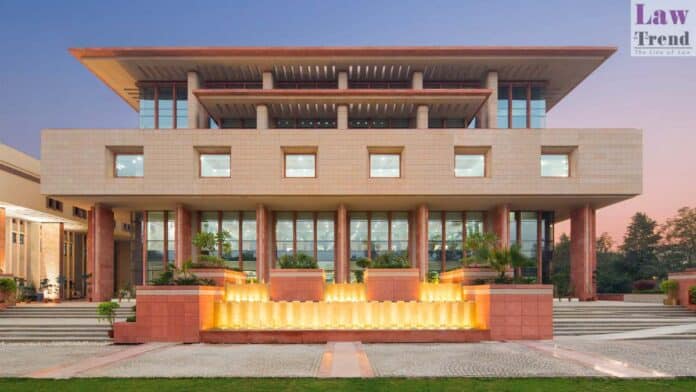The Delhi High Court has called for a detailed response from Ram Manohar Lohia (RML) Hospital on allegations regarding the lack of critical medical facilities, including Nucleic Acid Testing (NAT) for blood safety and essential medicines for patients.
A bench of Justices Prathiba M Singh and Manmeet Pritam Singh Arora directed the hospital’s medical superintendent to file a specific affidavit addressing these issues. “Let the counsel take instructions from respondent no. 3 (Director of RML Hospital and Atal Bihari Vajpayee Institute of Medical Sciences) and 4 (Medical Superintendent of RML Hospital) and make submissions on the next date of hearing on the specific grievance of the petitioner in respect of NAT testing and non-availability of essential medicines,” the court said, adding, “A specific affidavit shall be filed by the medical superintendent of RML Hospital.”
The matter will be heard again on December 17.
The court was hearing a public interest petition filed by NGO Kutumb, which sought directions to the Centre and the RML authorities to ensure uninterrupted availability of life-saving drugs, essential medicines, and safe blood transfusion facilities for the poor and needy at RML Hospital and the Atal Bihari Vajpayee Institute of Medical Sciences (ABVIMS).
Advocate Rudra Vikram Singh, appearing for the petitioner, cited reports that blood transfusions at RML Hospital were being conducted without the mandatory NAT screening — a crucial test to detect infections such as HIV, Hepatitis B, and Hepatitis C during the “window period” when standard antibody tests can fail.
According to the petition, the hospital’s semi-automatic NAT machine has been non-functional since November 2024, leaving only routine serology tests in use. This, the plea argued, puts thousands of patients — including those who need frequent transfusions, such as thalassemia patients — at serious risk of contracting life-threatening diseases.
The NGO further alleged that essential drugs and supplies were often unavailable in the hospital pharmacy, forcing poor patients to buy them from private shops at inflated prices. This, the plea stated, “defeats the very purpose of a government hospital and amounts to denial of access to healthcare to economically weaker sections.”
The High Court’s direction to the hospital authorities marks an important step in addressing systemic gaps in public healthcare delivery and ensuring compliance with safety protocols at one of Delhi’s premier government medical institutions.




